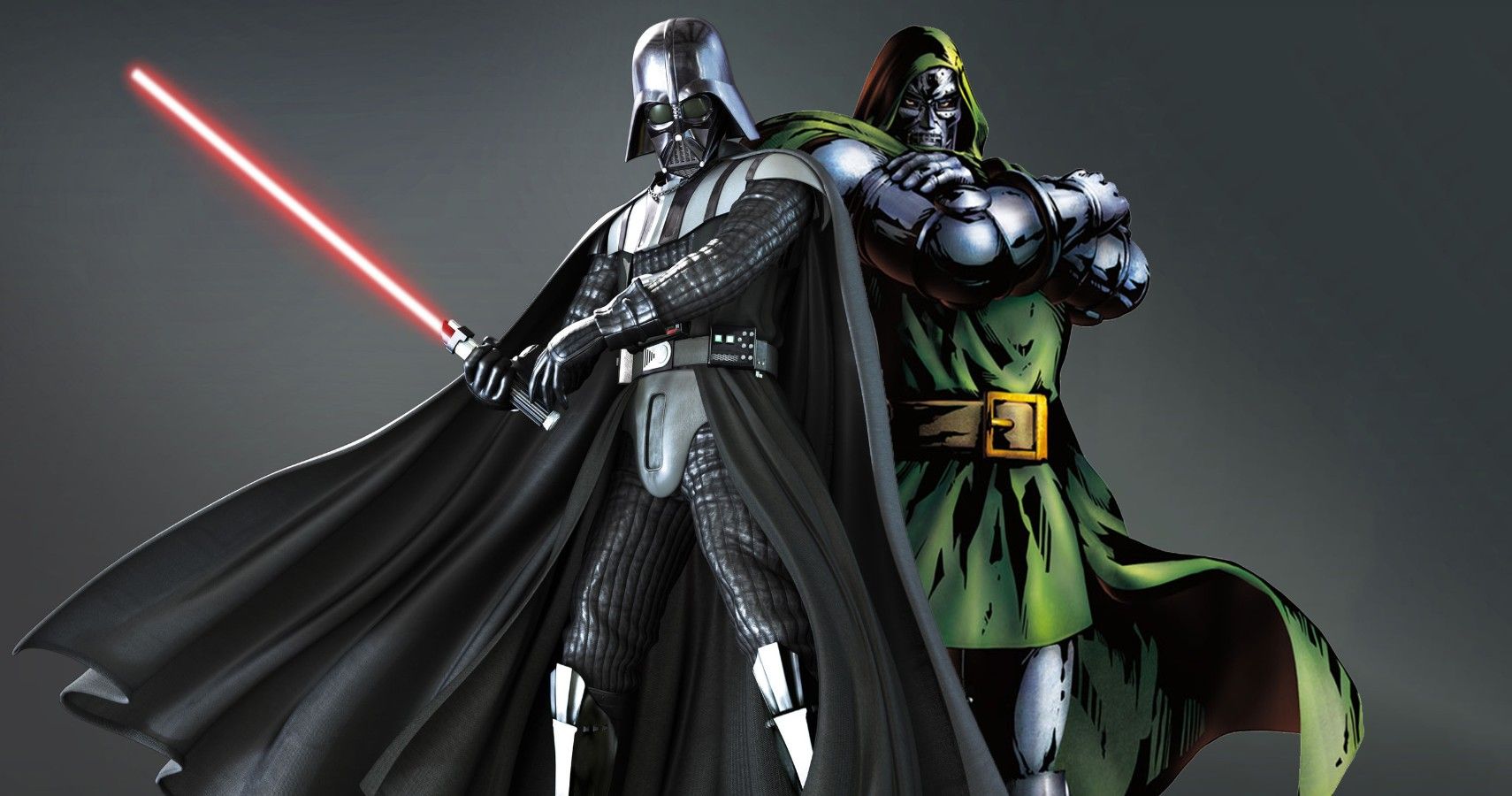Myers-Briggs Personality Typing System (MBPTS) personalities in relation to writing. Of the four primary cognitive functions, which one are you and how does it affect your writing? Intuition, Sensing, Thinking, and Feeling.
Here's the thing about my Myers-Briggs test results, and I doubt I'm alone in this: they're different each time I take the test. The only category I'm consistent in scoring is Introverted (rather than Extroverted). When I've taken the test as a corporate wonk, I've scored as an INTJ. When I've taken the test as a creative, ISFP. Those procrastination-enhancing online quizzes when I ought to be writing instead? Taken five minutes apart? Random combos. Really, it's all about what skills are needed in the circumstance. So, how does that affect my writing?
Introverted vs Extroverted: Simply put, being around people zaps my energy. Unlike an extrovert who is energized by being around people, being in public is a performance for me. It requires me to maintain a heightened level of outward awareness and atypical (for me) behaviors, which exacerbates my overstimulated flight response that is caused by my general anxiety. I am always looking for the exit. Whether I am running for said exit depends on how quickly I can complete the task that's demanded my public appearance. Completing the task dictates the rest of my MBPTS score.
When it comes to character dev, writing extroverts as the protag is a fun exercise and a good reminder of why I don't do it IRL. Yes, I, sitting alone in my recliner, can feel exhausted on behalf of my character enthusiastically peopling with people. It's a classic case of, "What would I, KAK, do? The character should do the opposite of that."
Sensing vs iNtution: The "how do we gather information" category. Reality versus Imagination. Concrete vs Abstract. Hands-on Experience vs Contemplating Patterns. Scoring on this is mostly about whether I'm collaborating or working independently and what the project goal is. I learn best by doing, no doubt about it. But I am a product of public school indoctrination and higher education in the humanities, so decerning patterns and extrapolating on others' experiences is something at which I'm adept as well.
How this plays out in my books is reflected in the story's plot. How do my characters go about gathering the information they need to progress to the next step in the journey? Protags tend to be Sensing because showing the character's experience and methods of discovery is important to character-driven plots. AKA action chapters = Sensing. Reality is happening. Introspection scenes are important to reiterate the protag connecting the dots of the plot's progression, plus the downbeat is just as necessary to pacing as the high-intensity action scenes. However, too much navel-gazing drags down the story. For my books, Intuition-driven characters usually are those who fill the mentor role in the larger cast.
Thinking vs Feeling: How I make decisions, facts vs gut reaction. In this category, I'm usually within 4 points of the other. About as close to "equal" as the test gets. Really, it comes down to the goal and what consequences of the decision will be. What is the margin for risk? Big stakes? I'm all about facts and experience. If the cost of a screw-up is going to notably impact the well-being of myself or others, then gimme facts. Unknown territory, unreliable sources, or conflicting "facts"? Medium-low impact? Ability to correct if the wrong decision is made? Sure, I'm all about the luxury of decision-making based on the feels.
However, as an Army Brat, MAKE A COMMAND DECISION is deeply ingrained. Dear Readers, there is nothing that will send me around the bend faster than someone who won't make a decision when they are the ones with the responsibility to do so. I will either steamroll over the indecisive person or I will walk away. Pee or get off the godsdamned pot. Nope, not even remotely sorry. Need time to make a decision? Fine. Say so and stick to it. I'll respect your position as the decision-maker if you respect my time.
When it comes to writing, this category is where the analytical side of being an author meets the creative side. Determining how I market my books and evaluate ROI, that's all Thinking. Deciding when my characters are decision-makers versus decision-receivers is heavy on Feeling.
Judging vs Perceiving: When engaging with the outside world (aka society), do I prefer structure and organization (Judging), or am I most comfortable in fluid spontaneous situations (Perceiving)? Now, I'm not the greatest fan of the term "Judging" here because it implies "Judgemental." Contrasting that with "Perceiving" implies Judging is narrow-minded, blind to the outliers, and will side with authority over morality. Meanwhile, "perceiving" implies wide-eyed wonder and naivety. Words matter, and in the case of MBPTS, the naming convention is an epic fail.
That said, I'm predominantly Judging because I prefer to know the expectation, the process, and the measure of success so I can complete the task and retreat into my hermitage. I am a creature of habit. I like having a plan. cough Spontaneity is fine, as long as it's scheduled. cough It goes back to managing my anxiety, if I know what to expect and what is expected of me, then I'm much more likely to not only be successful, but I also will avoid a full-blown panic attack.
How Judging versus Perceiving shows up in my writing is that I am a skeletal plotter. I define the structure and organize the major events before I start the book. My penchant for perceiving is reflected in all that isn't defined in the outline. I do like surprises. I do like discovery. I do like an unexpected twist. To me, that's good entertainment. In fiction. Fiction.
Do not, under any circumstance, show up at my home unexpectedly. That shit's not funny.











